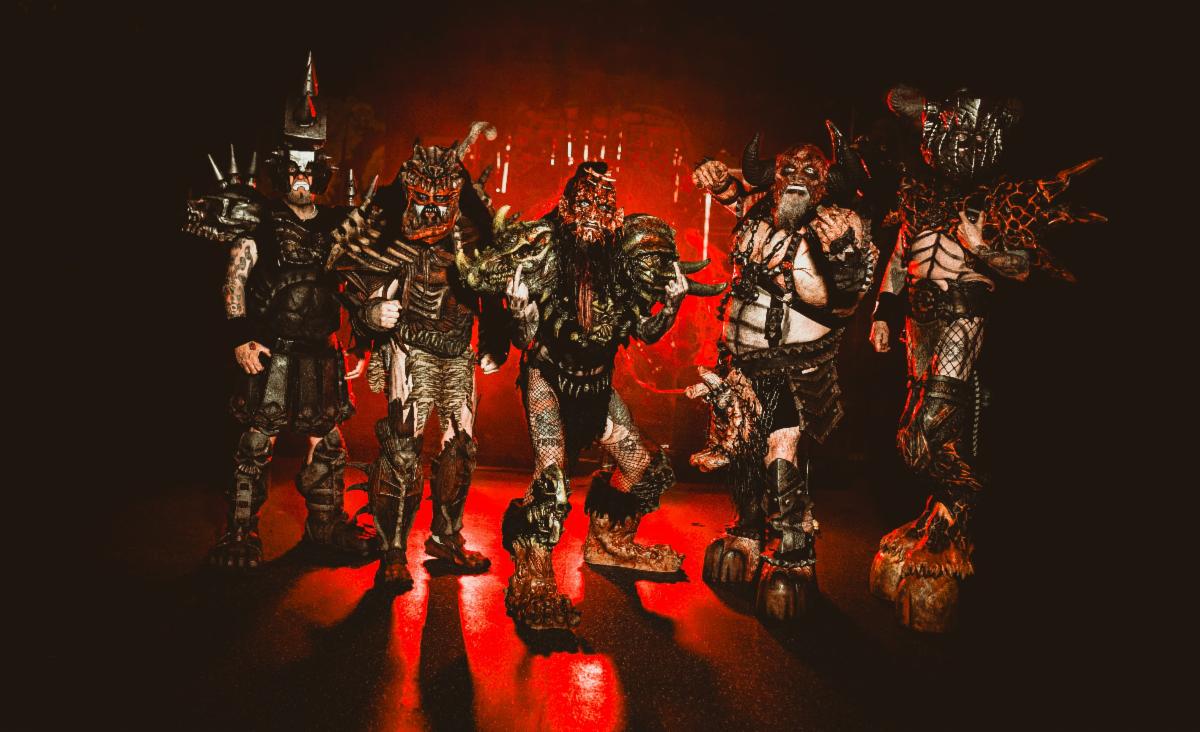While AI writing offers numerous advantages, it also raises valid ethical concerns. And who can voice such concerns better than writers? Let’s discuss the main focal points with take my statistics class for me service star professionals. We’ll delve into the potential consequences of AI-generated content, the impact on traditional writing industries, and the importance of preserving the value of human creativity.
AI-Powered Writing Tools
AI-powered writing tools encompass a wide range of applications, from grammar and spell-checking software to advanced text-generating models. These tools can assist with various writing tasks, including:
articles;
blog posts;
poetry;
even entire novels.
Some well-known AI language models, like GPT-3, have showcased their ability to mimic human language to a remarkable degree. Sometimes they blur the line between human-authored and AI-generated content.
Using generative tools for writing cannot substitute human engagement. In fact, what we have now is not actual artificial intelligence but machine learning software with a massive database.
Thus, when it comes to processing information, building an argument, and appealing to the right points, AI tools can only imitate them, bringing you a result that looks like an essay. If you want a thoughtful essay with a substantial and sleek argumentation, it is better to opt for assistance from EssayService professionals.
Advantages and Benefits of AI Writing
Integrating AI in writing processes has revolutionized how people create content these days. AI algorithms can quickly process immense amounts of data, enabling writers to access research materials, statistics, and references at their fingertips. This accessibility not only accelerates the writing process but also enhances the quality and accuracy of the content.
AI writing tools have also democratized writing, allowing individuals from various backgrounds to express themselves effectively. Language barriers and accessibility challenges are reducing as AI enables translations and text-to-speech capabilities. Information becomes available to a broader global audience.
AI vs. Traditional Writing and Publishing Industries
The rise of AI-generated content has sparked discussions about its impact on traditional writing and publishing industries. Some fear that the prevalence of AI-generated content might lead to declining demand for human authors, resulting in job displacement and economic consequences.
Publishers and content creators also face ethical dilemmas in terms of the authenticity and originality of AI-generated content. Plagiarism concerns arise when AI algorithms can mimic writing styles, thus making it hard to distinguish between human-authored and AI-generated works.
AI and Plagiarism
As AI writing tools become more sophisticated, the risk of AI-generated plagiarism becomes a growing concern. These tools can access vast existing content databases, making it easier for unscrupulous individuals to produce content that closely resembles existing works. AI-generated plagiarism poses a significant challenge to academic integrity, journalistic ethics, and the credibility of information sources.
In educational settings, AI-generated plagiarism threatens the integrity of students’ work. As these tools become more accessible, it might be appealing for students to misuse AI to produce essays and assignments without proper attribution or original thought. It undermines the educational process, where critical thinking, research skills, and creativity are essential learning components.
Detecting AI-Assisted Plagiarism
Detecting AI-generated plagiarism presents unique challenges. Conventional plagiarism detection tools may struggle to differentiate between AI-generated and human-authored content.
Indeed, some AI algorithms can mimic writing styles and paraphrase text effectively. Meeting this challenge calls for developing advanced plagiarism detection technologies.
But How About Human Creativity?
Human creativity is a multifaceted and complex phenomenon beyond data analysis and algorithmic processing. Writers can uniquely convey emotions, experiences, and perspectives, infusing their work with a sense of authenticity and empathy that AI-generated content may lack.
Human-authored content often evokes emotional connections with readers as it reflects the nuances of human experiences, culture, and society. Readers resonate with the voices and stories of human authors. They appreciate the genuine emotional depth that comes from personal expression.
While AI writing tools can streamline the writing process, it is crucial to preserve the art of authentic expression. The literary world thrives on diversity, individuality, and originality. Encouraging and celebrating human authors’ unique voices becomes paramount in an era with prevalent AI-generated content.
Is AI Writing Ethical?
As convenient as it seems, there is considerable damage generated writing does. Let’s delve into the three gravest problems.
Problem #1: Job Displacement
As AI-generated content gains prominence, concerns arise about potential job displacement for human authors. Automating content creation may lead to declining demand for human-written works, affecting writers’ livelihoods and the overall writing industry.
Addressing these concerns requires thoughtful strategies that balance the benefits of AI writing with the preservation of human authors’ roles and contributions.
Problem #2: Intellectual Property Rights Infringement and Copyright Issues
AI-generated content raises complex intellectual property rights and copyright issues. Determining ownership and attribution for AI-generated works becomes challenging. Finding a balance between innovation and the protection of creators’ rights is essential to maintain ethical practices in AI writing.
Problem #3: Transparency and Disclosure in AI-Generated Content
Content creators using AI writing tools should be transparent about these technologies and disclose AI participation in their process. Ensuring readers can differentiate between human-authored and AI-generated works allows for informed consumption and appreciation of content.
The Bottom Line
The technology that rushed into the market still leaves a lot of work for whole industries and institutions to navigate the world with it out and about. It has serious ethical implications that are yet to be regulated. Hence, if you want assistance from qualified writers, it is advisable to look for a human. Be sure to visit the best essay writing review sites and find a perfect match for your academic needs!
FAQ
Can AI generate an essay?
Yes, AI can create an essay. With the advancements in natural language processing and machine learning, AI models like GPT-3 can analyze prompts and produce coherent and relevant papers on a given topic. These AI-generated essays can be a helpful starting point for further refinement and development.
Is using AI the same as hiring a writer?
No, using AI is not the same as hiring a writer. While AI can generate content based on patterns learned from vast data, it lacks human creativity, emotions, and critical thinking. Hiring a writer involves engaging a human who can understand your specific requirements, adapt to your style, and offer unique insights that AI cannot replicate.
Can I still get my essay done by a human?
Yes, you can still get your essay done by a professional paper writer. Many writing services and freelance writers can create custom papers tailored to your needs. Humans bring a personal touch to the writing process, ensuring that the content is original, well-researched, and meets your specific requirements. That is why human assistance is a preferred option for those seeking high-quality and personalized writing.



